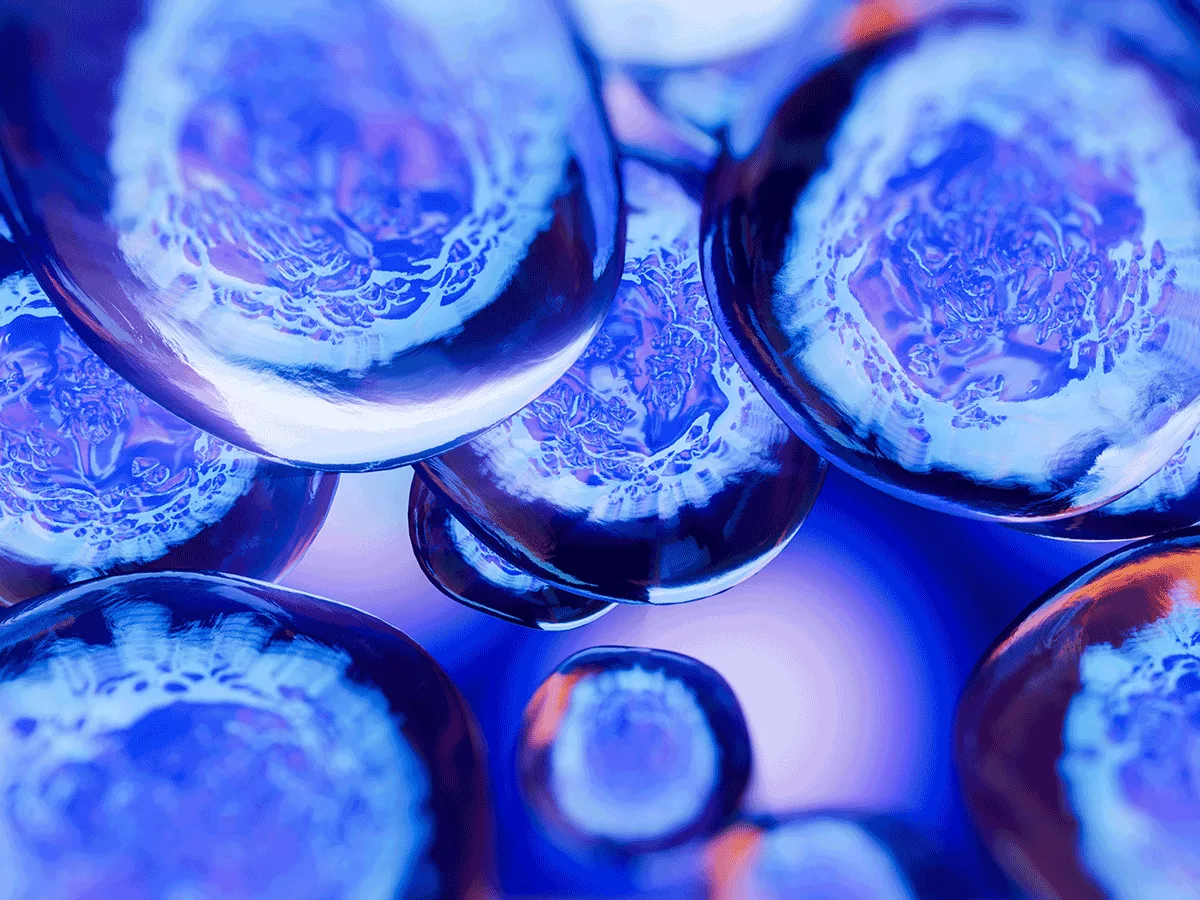Mesenchymal stem cells are both a success story and underperformers.
Globally, there are 10 approved MSC-based therapies in nearly as many indications, although none of them have been approved by the FDA. Stem cell-based products are approved for the treatment of graft-vs.-host disease, fistulas, amyotrophic lateral sclerosis, spinal cord and cartilage injuries, ischemia and acute myocardial infarct.
However, there have been multiple disappointments, and reproducibility has been even more of an issue than in other areas of biomedicine.
Now, researchers at INSERM have gained new insights into the basic biology of mesenchymal stem cell function, and how platelets improved that function in an animal model of wound healing.
The team published its findings in the January 4, 2021, online issue of Cell Metabolism.
Although mesenchymal stem cells can produce different types of daughter cells, that ability is not the cause of their therapeutic effects. Arnold Caplan, who first described mesenchymal stem cells, has argued that they should be renamed from mesenchymal stem cells to "medicinal signaling cells," because few if any trials with the cells are based on the idea that they will differentiate into new cells after administration.
Instead, mesenchymal stem cells secrete factors that promote repair of damaged tissue.
But which factors are important in which disease is an understudied area, which is one reason mesenchymal stem cells have not hit their clinical stride.
There are "many papers indicating that treatment of mesenchymal stem cells with platelets stimulates the repair function of mesenchymal stem cells," senior author Anna-Maria Rodriguez told BioWorld Science.
But before her team's paper, the mechanism of that stimulation "had not really been studied."
In their work, the team looked both at soluble growth- and angiogenesis-promoting factors, and at a possible mitochondrial transfer between platelets and mesenchymal stem cells. Previous work has shown, somewhat astonishingly, that mitochondria can take leave of their cells and move to another cell.
Mitochondrial movement from stromal to tumor cells supports cancer cell proliferation, and plays a role in resistance to chemotherapy. In injured tissues, there appears to be a two-way flow between damaged cells and mesenchymal stem cells. When mitochondria move from mesenchymal stem cells to damaged cells, it helps their recovery. Movement in the other direction appears to function as a signal that stimulates the repair capacities of mesenchymal stem cells.
In their experiments, the researchers showed that when platelets and mesenchymal stem cells were coadministered, the platelets boosted stem cell function via transfer of mitochondria. The transfer affected mesenchymal stem cell metabolism, increasing the production of several metabolites including citrate. Citrate is important for the production of proangiogenic factors, and the end result of mitochondrial transfer was that mesenchymal stem cells more strongly supported angiogenesis, which promoted wound healing.
The findings may explain discrepancies between previous studies -- whether platelets can boost mesenchymal stem cell function appears to depend, at least in part, on the quality of their mitochondria.
As in other cell-based therapies, an alternative to cell transplantation would be to isolate specific factors and test them as therapeutics. In translational microbiome research, for example, there are attempts to isolate specific metabolites that are responsible for beneficial effects.
However, Rodriguez said, "We prefer the cell therapy approach."
"Using the secretomes of mesenchymal stem cells," she acknowledged, "would be a possible approach. But I'm not sure that this approach is very efficient."
In Rodriguez's opinion, the whole is likely to be more than the some of its parts.
For one thing, mesenchymal stem cells "become activated in contact with damaged cells" and increase their release of growth and angiogenic factors.
But her team's work is also an example that the interplay between cell types is more complex than the secretion of growth factors.
Mesenchymal stem cells secrete those factors, she said, "but they also transfer material -- including mitochondria."

